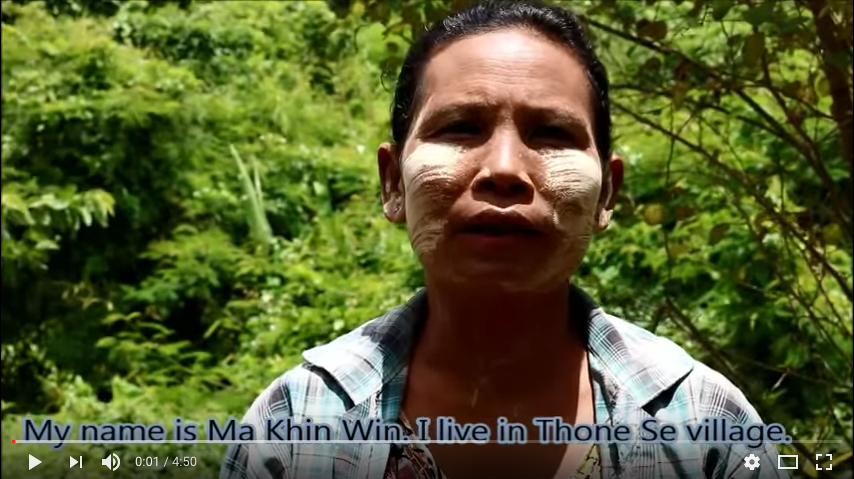Understanding determinants of farmers’ investments in, and impacts of, soil and water conservation in Ethiopia: review and synthesis [Abstract only]
Although there has been a considerable effort to reduce soil erosion and improve land productivity in Ethiopia, farmers’ investments in SWC remain limited. There is a long and rich tradition of empirical research that seeks to identify the determinants that affect farmers’ investments in SWC practices. Nevertheless, the results regarding these determinants have been inconsistent and scattered. Moreover, the impacts of different SWC practices have not been reviewed and synthesized.





